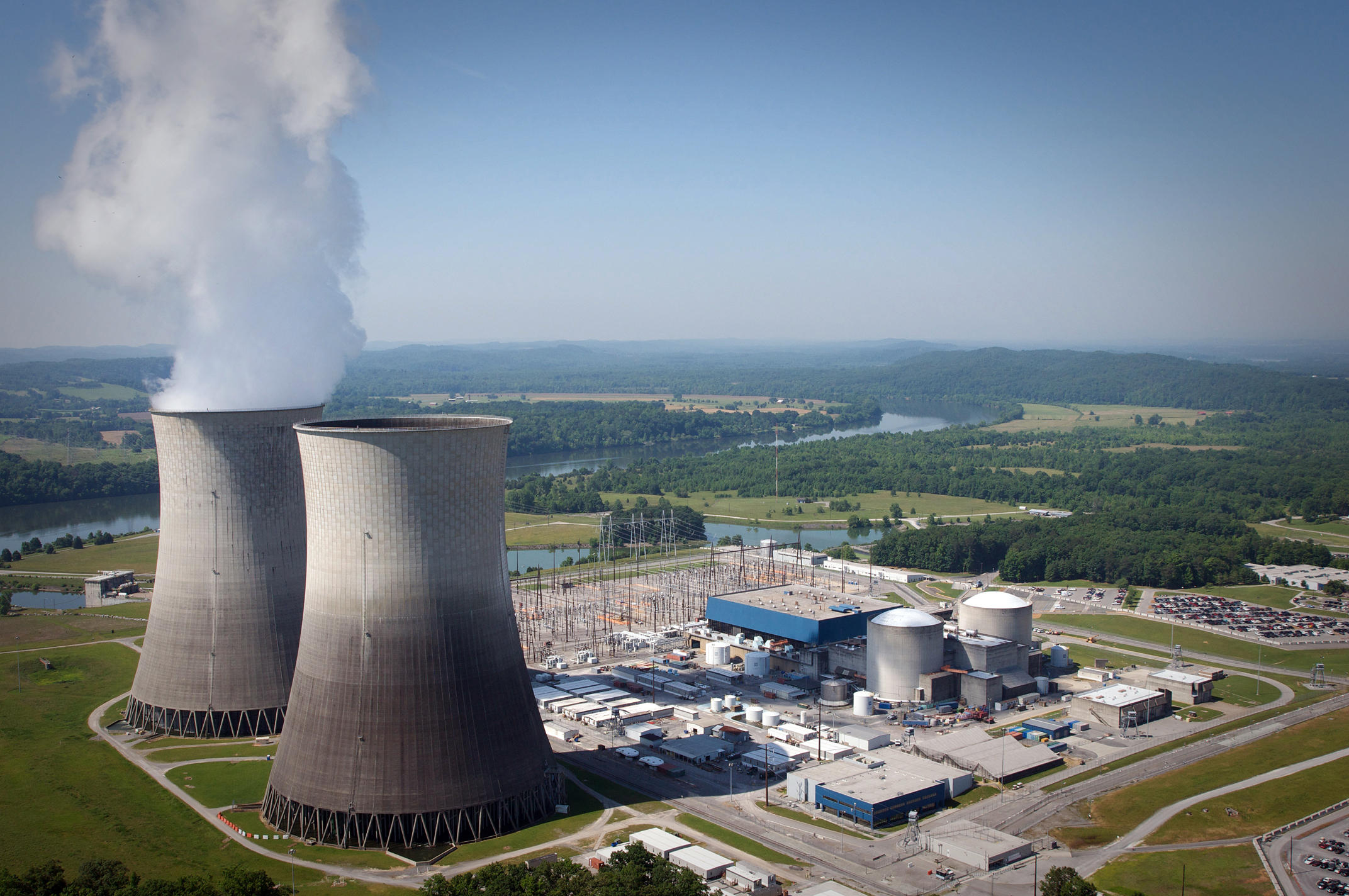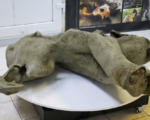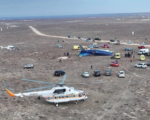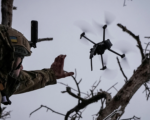Russia Demands More Objectivity from IAEA After Nuclear Plant Visit

Russia has called on the International Atomic Energy Agency (IAEA) to adopt a “more objective and clearer” stance on nuclear safety following a visit by IAEA chief Rafael Grossi to a nuclear plant near ongoing hostilities with Ukraine. The call for a more decisive stance came a day after Grossi’s inspection of the Kursk nuclear facility, which is situated close to the area where Ukraine has recently conducted military incursions.
During his visit, Grossi highlighted the risks of a potential nuclear accident at the Kursk plant, noting damage from a recent drone strike, which Russia has attributed to Ukraine. He refrained from assigning blame but emphasized the heightened risk to the facility. Russian Foreign Ministry spokesperson Maria Zakharova criticized the IAEA for not presenting a clearer position on nuclear safety, though she denied that Russia was seeking a pro-Russian bias from the agency. “We want a more objective and clearer expression of the IAEA’s position,” Zakharova said, stressing the need for fact-based assessments to ensure safety and prevent catastrophic scenarios.
The IAEA has yet to comment on the request, but the appeal reflects growing pressure from Moscow on the agency, which has consistently urged restraint to avoid incidents around nuclear facilities during the 30-month conflict. Kremlin spokesperson Dmitry Peskov stated that while the IAEA lacks the mandate to assign blame, there is no doubt about Ukraine’s responsibility for escalating nuclear risks.
On Wednesday, Russia’s National Guard reported finding unexploded U.S.-supplied munitions near the Kursk plant, including a shell from a HIMARS rocket system and a rocket fragment containing 180 unexploded rounds. The Russian military claimed the munitions were shot down by its defenses and partially exploded in mid-air. Ukraine has not yet responded to these allegations, and the authenticity of the Russian report could not be independently verified.
Grossi’s visit revealed vulnerabilities in the Kursk plant, designed without a modern containment dome, which could offer protection in the event of a military strike. Asked whether the drone damage constituted a “nuclear provocation” by Ukraine, Grossi emphasized the importance of a careful and impartial approach, acknowledging the connection between recent military activities and the safety concerns raised.




















